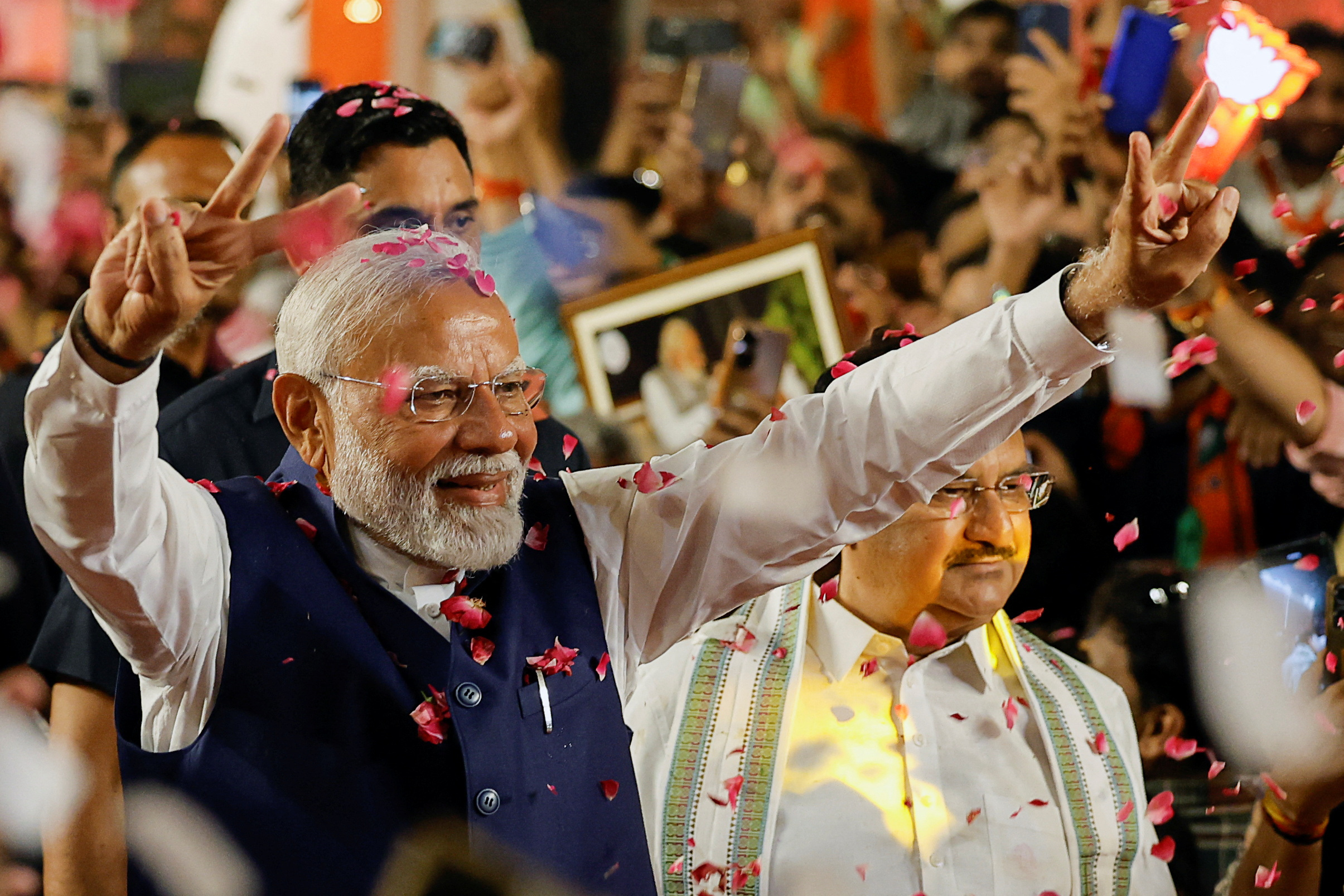Haiti, officially known as the Republic of Haiti, is a country located in the Caribbean region of North America. It operates as a semi-presidential republic. Here is some information about the election system in Haiti:
- Presidential Elections: The President of Haiti is the head of state and is elected directly by the people through a two-round system. If no candidate receives an absolute majority (50% + 1 vote) in the first round, a second round is held between the two candidates who received the highest number of votes. The President serves as the executive authority in the country. Presidential elections in Haiti occur every five years.
- Parliament Elections: The Parliament of Haiti consists of two chambers: the Chamber of Deputies and the Senate. Members of the Chamber of Deputies are elected through single-member constituencies using a first-past-the-post system. The number of deputies is based on the population and is subject to periodic redistricting. Senators are elected through two rounds of voting in each department (administrative division). The number of senators is fixed, with three senators elected from each department.
- Provisional Electoral Council: The Provisional Electoral Council (CEP) is responsible for organizing and overseeing elections in Haiti. It manages voter registration, candidate nominations, the voting process, and the counting of votes. The CEP aims to ensure transparency, fairness, and credibility in the electoral process.
- Political Parties: Haiti has a multi-party system, with several political parties participating in elections. The major political parties in Haiti include the Haitian Bald Headed Party (PHTK), the Lavalas Family (FL), and the Fusion of Haitian Social Democrats (FUSION), among others.
- Voter Eligibility: Haitian citizens who are at least 18 years old have the right to vote in presidential and parliamentary elections. Voter registration is required, and citizens must be included in the electoral roll to participate. Eligible voters can cast their ballots at designated polling stations within their respective constituencies.
Haiti has faced political instability, economic challenges, and natural disasters that have impacted its democratic development. Efforts have been made to strengthen democratic institutions and improve the electoral process.



